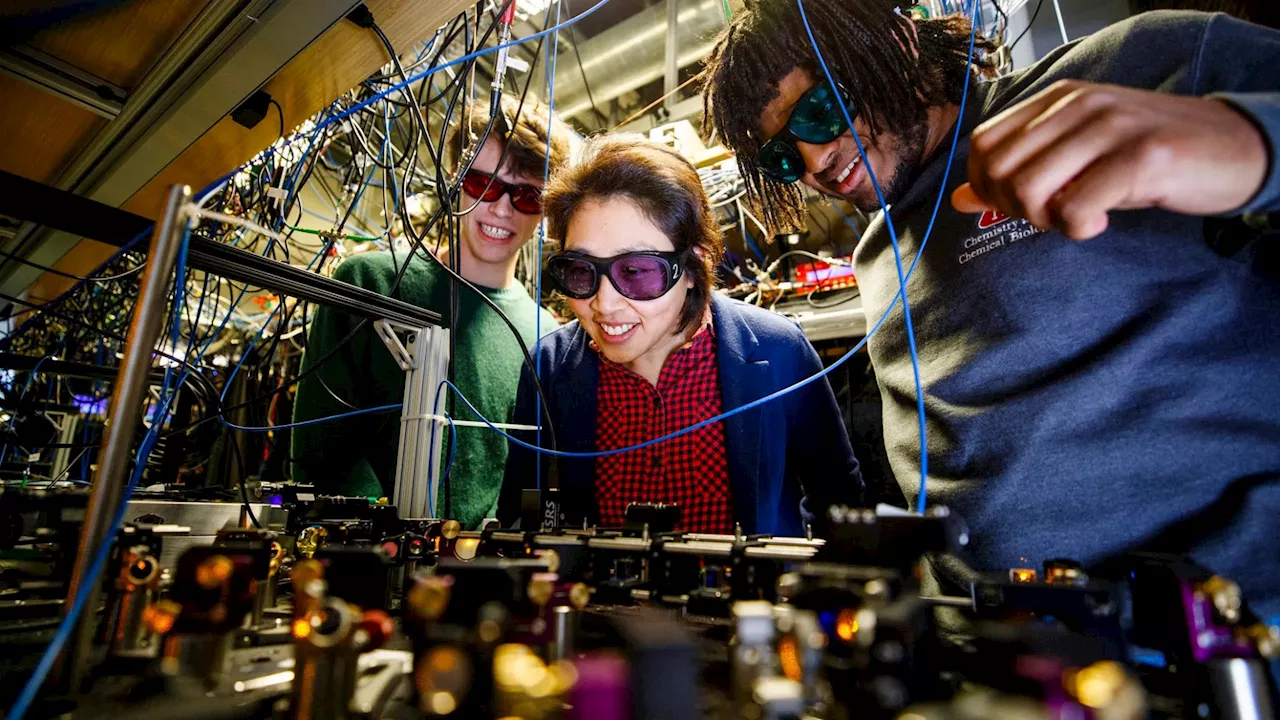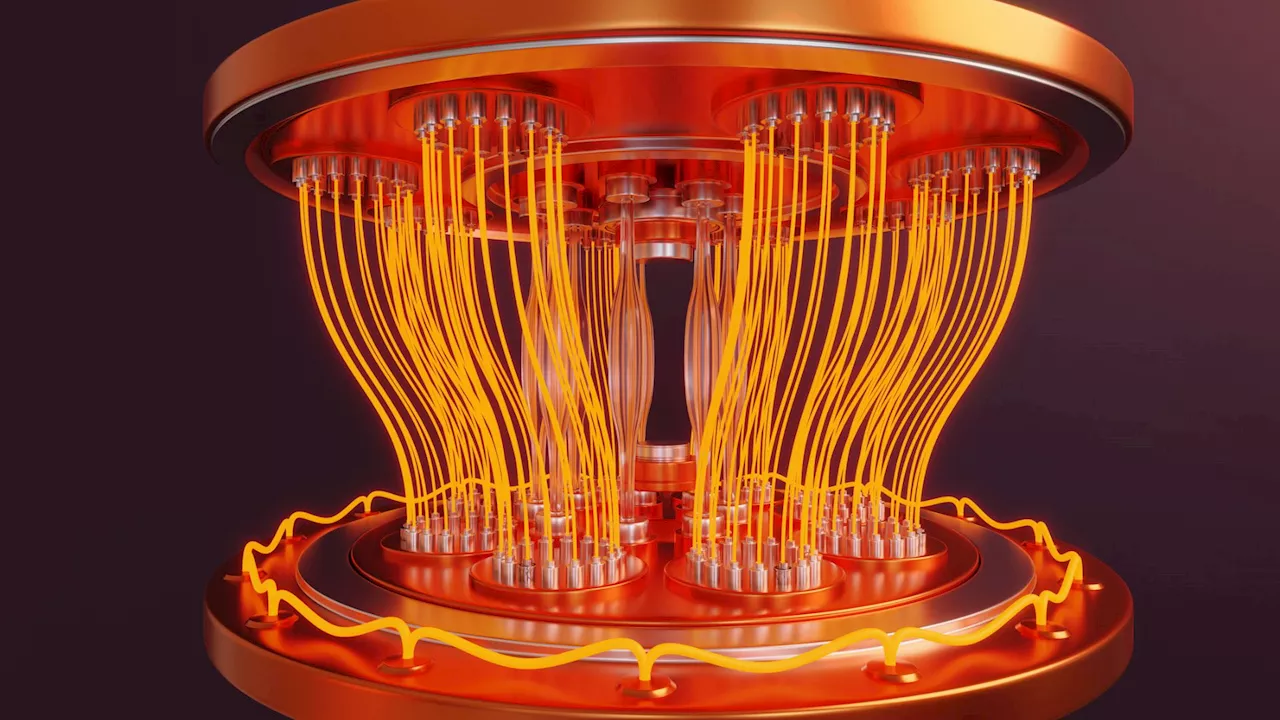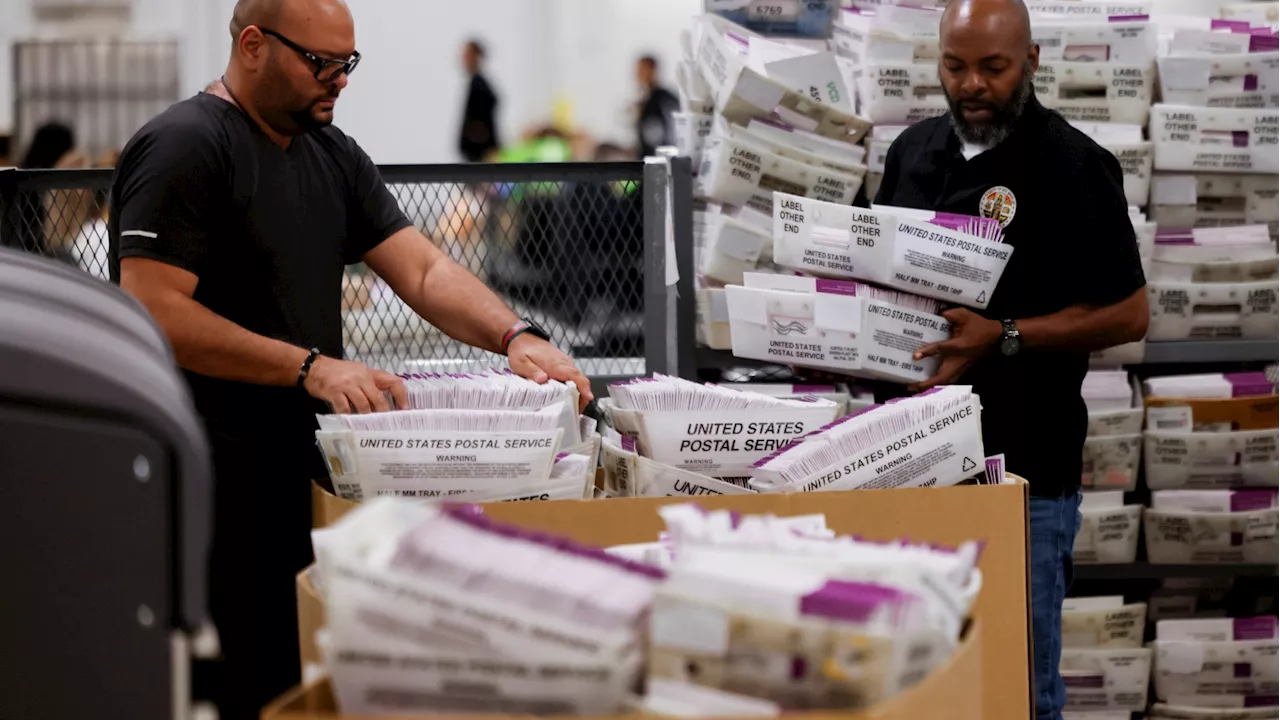Quantum-inspired algorithms using tensor networks can simulate turbulent fluid flows on classical computers much faster than existing methods. This approach reduces computation times from days on supercomputers to hours on regular laptops, potentially revolutionizing fields like weather forecasting and aircraft design.
Quantum-inspired algorithms can simulate turbulent fluid flows on a classical computer much faster than existing tools, slashing computation times from several days on a large supercomputer to just hours on a regular laptop. This could improveTurbulence in liquid or air involves numerous interacting eddies that quickly become so chaotically complex that precise simulation is impossible for even the.
Tensor networks originated in physics and came into common use in the early 2000s. They now offer a promising path to eke out much more performance from existing classical computers before truly useful quantum machines are available.“The algorithms and the way of thinking comes from the world of quantum simulation, and these algorithms are very close to what quantum computers do,” says Gourianov. “We’re seeing quite a drastic speed-up, both in theory and in practice.
Tensor networks work by, in effect, reducing the amount of data a simulation requires, drastically cutting the computational power required to run it. The amount and nature of the data removed can be carefully controlled by dialling the level of precision up or down.These mathematical tools have already been used in the cat-and-mouse game between quantum computer developers and classical computer scientists.
QUANTUM COMPUTING TURBULENCE SIMULATION CLASSICAL COMPUTERS ALGORITHMS TENSOR NETWORKS
United States Latest News, United States Headlines
Similar News:You can also read news stories similar to this one that we have collected from other news sources.
 Harvard Scientists Trap Molecules for Quantum Operations, Ushering in a New Era of Quantum ComputingFor the first time, scientists have successfully trapped molecules and used them to perform quantum operations, marking a significant leap forward in the field of quantum computing. This breakthrough opens up new possibilities for building more powerful and versatile quantum computers.
Harvard Scientists Trap Molecules for Quantum Operations, Ushering in a New Era of Quantum ComputingFor the first time, scientists have successfully trapped molecules and used them to perform quantum operations, marking a significant leap forward in the field of quantum computing. This breakthrough opens up new possibilities for building more powerful and versatile quantum computers.
Read more »
 Record cold quantum refrigerator paves way for reliable quantum computersQuantum computers require extreme cooling to perform reliable calculations. One of the challenges preventing quantum computers from entering society is the difficulty of freezing the qubits to temperatures close to absolute zero.
Record cold quantum refrigerator paves way for reliable quantum computersQuantum computers require extreme cooling to perform reliable calculations. One of the challenges preventing quantum computers from entering society is the difficulty of freezing the qubits to temperatures close to absolute zero.
Read more »
 SEALSQ Unveils World's First Quantum-Resistant Secure HardwareSwiss semiconductor company SEALSQ introduces its latest platform, QS7001, designed to provide quantum-resistant security. This breakthrough technology utilizes post-quantum cryptography algorithms, KYBER and DILITHIUM, to protect against attacks from both current and future quantum computers. The platform meets FIPS and Common Criteria standards and offers advantages in energy efficiency and performance compared to traditional secure microcontrollers. This development positions SEALSQ as a leader in the quantum-resistant hardware market, addressing the growing need for secure solutions in the age of quantum computing.
SEALSQ Unveils World's First Quantum-Resistant Secure HardwareSwiss semiconductor company SEALSQ introduces its latest platform, QS7001, designed to provide quantum-resistant security. This breakthrough technology utilizes post-quantum cryptography algorithms, KYBER and DILITHIUM, to protect against attacks from both current and future quantum computers. The platform meets FIPS and Common Criteria standards and offers advantages in energy efficiency and performance compared to traditional secure microcontrollers. This development positions SEALSQ as a leader in the quantum-resistant hardware market, addressing the growing need for secure solutions in the age of quantum computing.
Read more »
 Insect-Inspired Camera Captures Ultra-High-Speed Images in Low LightResearchers at KAIST have developed a bio-inspired camera that mimics the impressive agility and responsiveness of insect vision, achieving ultra-high-speed imaging even in low-light conditions. This innovative camera surpasses traditional high-speed cameras in several aspects, offering a slim profile, remarkable speed, and enhanced sensitivity.
Insect-Inspired Camera Captures Ultra-High-Speed Images in Low LightResearchers at KAIST have developed a bio-inspired camera that mimics the impressive agility and responsiveness of insect vision, achieving ultra-high-speed imaging even in low-light conditions. This innovative camera surpasses traditional high-speed cameras in several aspects, offering a slim profile, remarkable speed, and enhanced sensitivity.
Read more »
 Lawmakers Seek to Speed Up Vote Counting, Balancing Speed with AccessibilityCalifornia and other states are exploring ways to expedite vote counting, but balancing speed with ensuring voter access remains a key challenge. While faster results are seen as beneficial for reducing misinformation and voter frustration, concerns arise about potential compromises to voting rights.
Lawmakers Seek to Speed Up Vote Counting, Balancing Speed with AccessibilityCalifornia and other states are exploring ways to expedite vote counting, but balancing speed with ensuring voter access remains a key challenge. While faster results are seen as beneficial for reducing misinformation and voter frustration, concerns arise about potential compromises to voting rights.
Read more »
BTQ Technologies Partners with South Korean Organizations to Advance Quantum InnovationBTQ Technologies, a global quantum technology company focused on securing mission-critical networks, has signed a Memorandum of Understanding (MOU) with South Korea's Future Quantum Convergence Forum (FQCF), Quantum Industrial Standard Association (QuINSA), and Future Quantum Convergence Institute (QCI). This collaboration aims to drive innovation and foster global cooperation in quantum technologies through initiatives in industrial standards, events, and industry-academic programs.
Read more »
